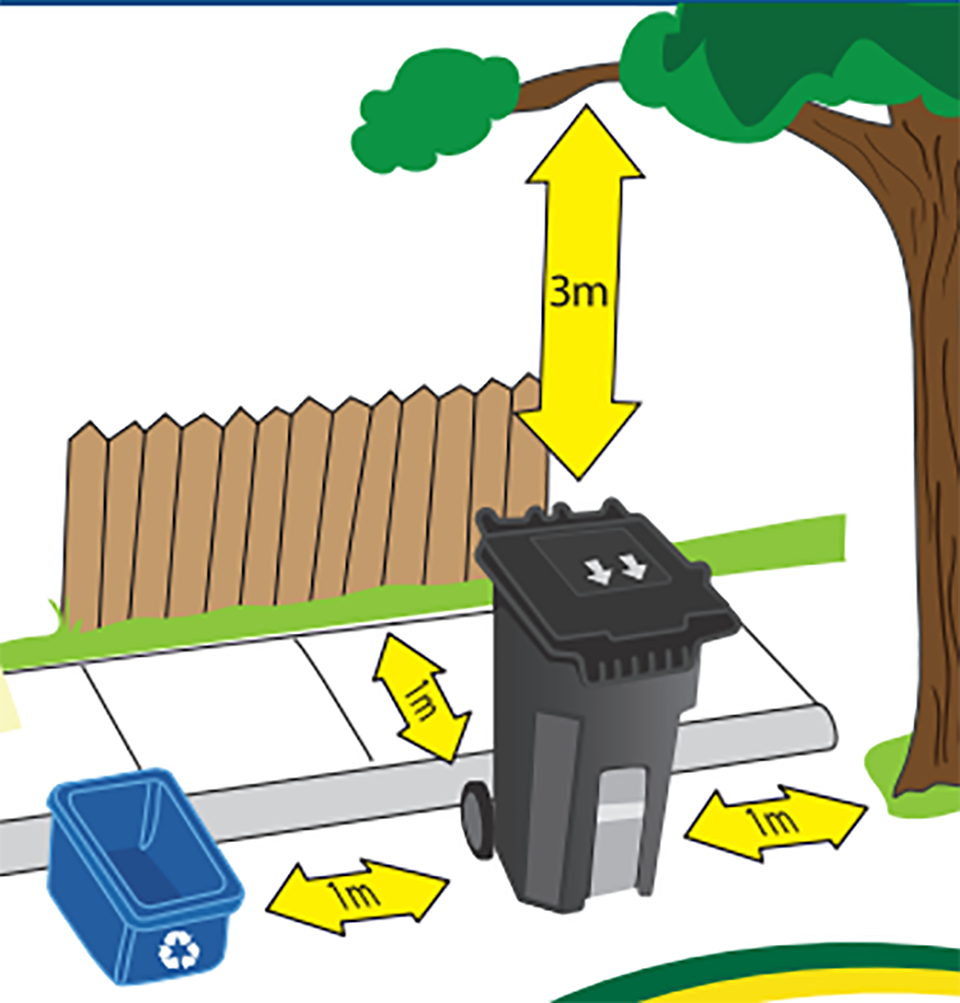Amidst all a day asks, developing a good understanding of the ins and out of recycling can get deprioritized.
Admittedly, recycling can be confusing. So, for all you busy and curious folks out there, here is a crash course in Recycling 101.
A full recycling bin is not necessarily something to boast about. True, it is better to sort recyclables out from the trash where they would travel more than 700 kilometres to qathet Regional District’s (qRD) nearest receiving landfill to be entombed. That said, some avid recyclers end up contaminating their recycling by wish-cycling – adding materials that don’t belong and thus turning recycling into garbage. When in doubt, keep it out.
Recycling is complex, but not impossible to figure out. If you are dropping materials off at a recycling depot, staff are available to help.
For those who prefer to sort it out at home, or who have curbside recycling, there is now a handy qathet Waste Wise app available. Residents can alternately refer to the Waste Wizard search engine through the regional district website.
RecycleBC is the nonprofit responsible for much of the recycling at depots and curbside, and its online guide can be printed for easy reference. Stay tuned for the newly updated qathet Waste Wise Guide coming online this week and jam-packed with all things recycling and composting in qRD. The expanded list of materials RecycleBC is accepting as of January are included in all the above guides.
Curbside recycling is more limited than depot recycling. Only paper and container recycling pickup is available curbside, while these along with glass, foam and flexible plastics can be dropped off at recycling depots.
The convenience of curbside is sometimes met by the confusion of a bin left behind on pickup day. Contamination is a common reason – meaning the inclusion of glass, foam or flexible plastics. Another common reason for skipped pickup is bin placement. Recycling bins need to be one metre away from garbage carts to allow the automated arm on the garbage truck enough room. There should also be plenty (three metres) of clearance overhead and space from carts to the curb (1 metre).
Compostable plastic sounds dreamy but is problematic. While it is a common item on store shelves and in some to-go containers, it is not accepted in recycling or in the local composting pilot program.
Recycling is worth it. Despite the challenges, materials from the Recycle BC program do find their way into feedstock for new packaging and products. That said, much of what is recycled, is actually downcycled, meaning it is transformed into something of lesser value. Food grade plastic, for instance, would become non-food grade and plastics treated with colour are no longer as marketable.
Recycling is only a small part of moving toward zero waste and a holistic way of using our collective resources on the planet. Simple hacks, such as always bringing a reusable to-go mug, utensil set and washable grocery bag keep unneeded materials out of the energy intensive recycling system.
Let’s Talk Trash is contracted by qathet Regional District to deliver its waste reduction education program. For more information, email [email protected] or go to LetsTalkTrash.ca.



